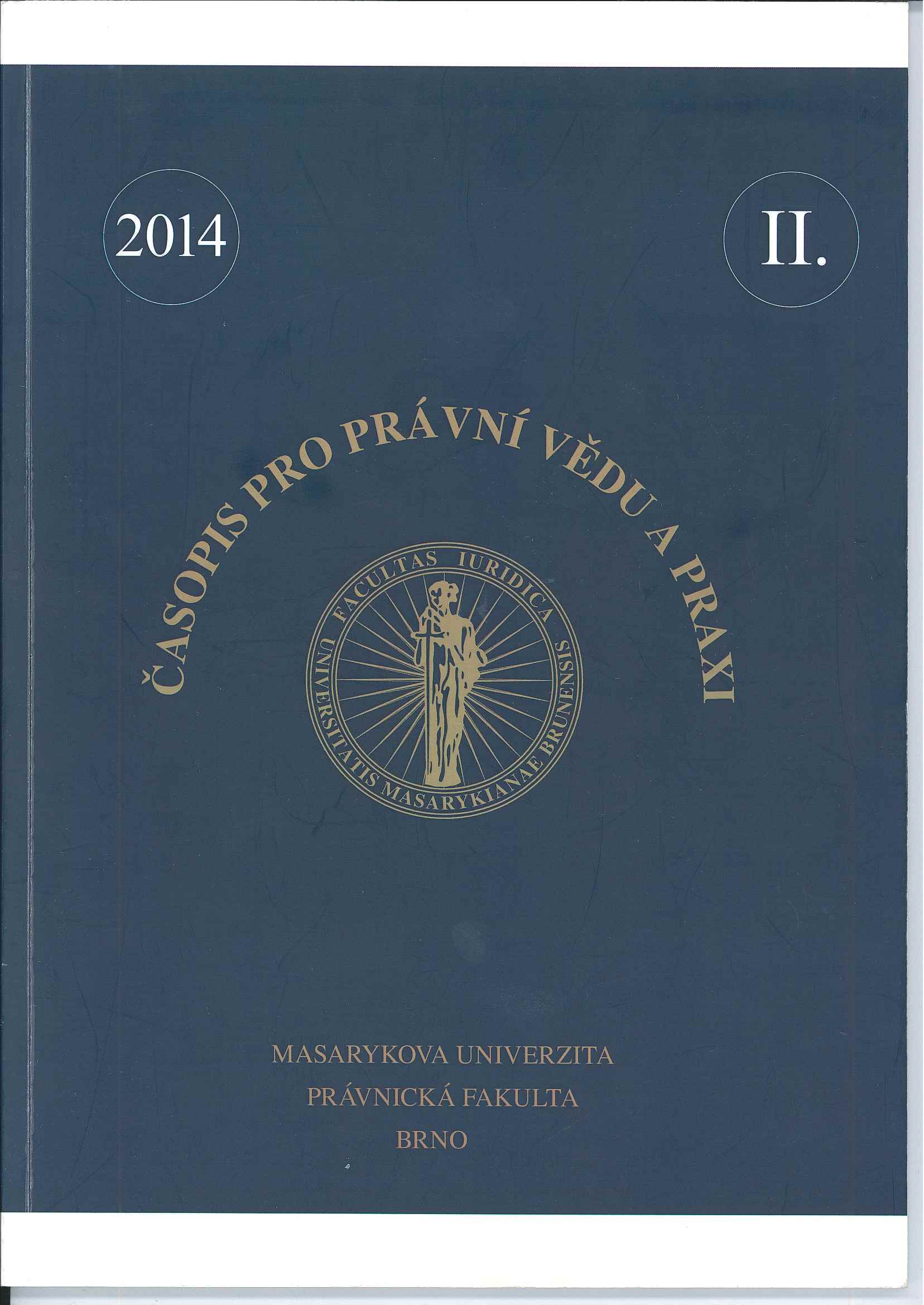Výhody a nevýhody laické participace v soudnictví
Benefits and Drawbacks of Lay Participation in the Judiciary
Author(s): Milan BoháčekSubject(s): Constitutional Law, Law and Transitional Justice
Published by: Masarykova univerzita nakladatelství
Keywords: judiciary; lay participation; analyses; Czechia
Summary/Abstract: Lay participation in judicial decision-making is still a topical issue in the Czech Republic, especially due to the recent effort of the Ministry of Justice to limit the scope of participation of lay judges in court proceedings. Therefore, the author analyzes this topic in terms of reasons for the existence of lay participation in the current legislation. In addition, he defines methodology enabling him to separate the essential or primary reasons for the existence of lay participation in judicial decision-making, which themselves are capable of making the legislature introduce lay participation in the legal system, from its advantages and disadvantages. These advantages and disadvantages of lay participation are considered secondary arguments, generated by the implementation of the primary reasons, and as such they are unable to influence the decisions on codification and repeal of the institutes of lay participation. The classification, which is exemplified by jurors and justices of the peace in common law countries and lay judges in the context of the Czech Republic, is further complemented with possible reasons against the introduction of the institutes of lay participation in a legal system. Hence, in order to decide on the future form of the Czech institute of lay judges, it is particularly necessary to take into account the reasons for its existence and to start a thorough nationwide debate, the output of which should be a properly-articulated standpoint allowing for all the aspects of the discussed topic, if possible.
Journal: Časopis pro právní vědu a praxi
- Issue Year: 22/2014
- Issue No: 2
- Page Range: 158-166
- Page Count: 9
- Language: Czech

